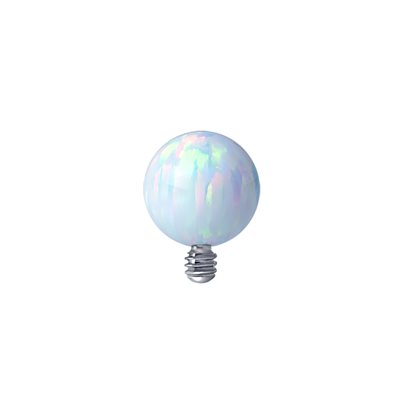- Homepage>
- Body Jewelry and replacement parts>
- Loose parts>
- Internally Threaded parts>
- Attachments (Tops)>
- Opal spare replacement internal ball
Opal spare replacement internal ball
Product Code: OPTIBALL-14-4-WH
-
Contact us for pricing
- Opal spare replacement internal ball
- Opal spare replacement internal ball
- Opal spare replacement internal ball
- Opal spare replacement internal ball
- Opal spare replacement internal ball
- Opal spare replacement internal ball
- Opal spare replacement internal ball
- Opal spare replacement internal ball
- Opal spare replacement internal ball
- Opal spare replacement internal ball
- Opal spare replacement internal ball
- Opal spare replacement internal ball
- Opal spare replacement internal ball
- Opal spare replacement internal ball
- Opal spare replacement internal ball
- Opal spare replacement internal ball
- Opal spare replacement internal ball
- Opal spare replacement internal ball
- Opal spare replacement internal ball
- Main material : Lab Created Opal
- Secondary material : Titanium (6AL-4V-ELI, ASTM 136)
- PVD Coating : None
- Gem type : None
- Threading : Internal
- Classification : Parts
- Quantity Available: 2
Lab Created Opals
Lab Created Opal (GIA: Polymer Impregnated synthetic opal) is impregnated in the laboratory in around a year and has similar properties as that of natural opal. The main difference with natural opal is that the naturally occurring process has been sped up in the laboratory. Our Lab Created Opal is a beautiful opal with a perfect color dynamicity - revealed the beauty of Precious Opal.
Opal material from the KYOCERA Corporation in Japan is composed of at least 80% Silica and is exhibiting beautiful and vivid opal colors.
This material should not be mistaken with Opal-like plastics sold as imitation or fake Opals. Those materials contain mostly 80% Resin and only 20% Silica. Therefore, they do not qualify as «Lab Created Opal ».
Titanium 6AL-4V-ELI, ASTM 136
Titanium is ideal for both initial body piercings and healed piercings as it is compliant with the EU Nickel Directive introduced in Europe in 2001. Because of its virtually 'Nickel Free' content Titanium has become one of the preferred materials used in piercing jewelry within the borders of the European Union.
Grade Ti6AL-4V, ASTM F136 is the specification for the alloy to be used for surgical implants. The color of titanium is a silvery metallic white. An anodization process allows the metal to have a variety of pleasant colors. The color of anodized titanium parts is determined by the tension applied during polishing. Titanium is only half the weight of steel and twice as strong. Titanium can be sterilized in an autoclave.


